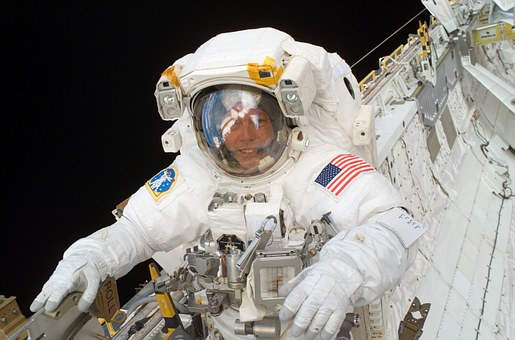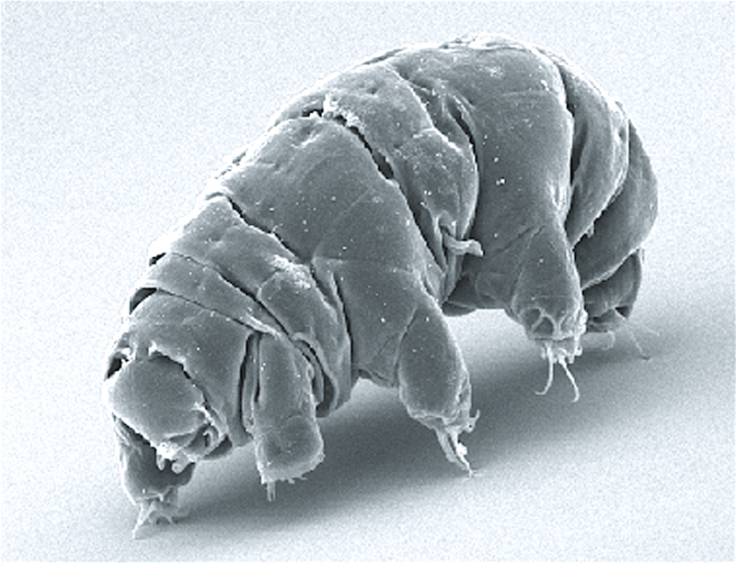
Scientists have been trying to combine the DNA of Tardigrades with human cells to enable astronauts endure deadly effects of spaceflight, it has been reported. Tardigrades – the creatures which can survive extreme temperatures and vacuum of space -- have a protein called Dsup to protect them from radiation.
Experts believe the DNA of Tardigrades could be used to genetically modify humans, allowing them to withstand the deadly effects of radiation, and help astronauts travel long-distance in space such as landing on Mars. Tardigrades can live for a decade without water and even survive in space.
Chris Mason, a geneticist and associate professor of physiology and biophysics at Weill Cornell University in New York, has currently been working ways to combine with human cells the microscopic vertebrate's nuclear protein that helps the water bears survive conditions that kill almost any other organism.
Mason believes the DNA of the most indestructible animals in the world could be key to get humans on Mars as astronauts could be bombarded with 700 times the radiation experienced on the Earth, and genetically engineering an astronaut could successfully place him/her on Mars as well as other distant worlds.
The researchers currently working on this innovation are exploring as to how to combine the DNA of other species such as Tardigrades with human cells to make them more resistant to the harmful effects of spaceflight as scientists will first have to design a process that let them "turn on or off" specific gene expressions. These small, segmented creatures, are found everywhere from the highest mountain range of Himalayas to the deepest oceans.

The eight-legged 1mm creature that has been around for 530 million years and outlived the dinosaurs is so resilient that it will still be alive 200 years later even if boiled, frozen, dried or exposed to radiation, and can live through temperatures as low as -457 degrees and heat as high as 357 degrees. Mason noted the technology could also be used to "combat the effects of radiation on healthy cells during the treatment of cancer on Earth".
He, however, said that he did not have a plan to come up with genetically engineered astronauts in the near future. "If we have another 20 years of pure discovery and mapping and functional validation of what we think we know, I'm hoping maybe 20 years from now we will be at the stage to make a human that could be better surviving on Mars," Space.com quoted Mason as saying.
The researcher believes that it should be an ethical process if genetically engineering humans makes them "capable of inhabiting Mars safely without interfering with their ability to live on the Earth." Meanwhile, some space biologists may even send these creatures to survive on Mars before humans could reach the red planet.









